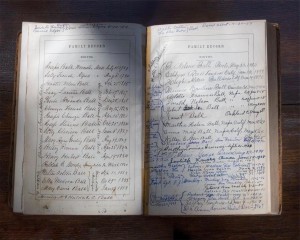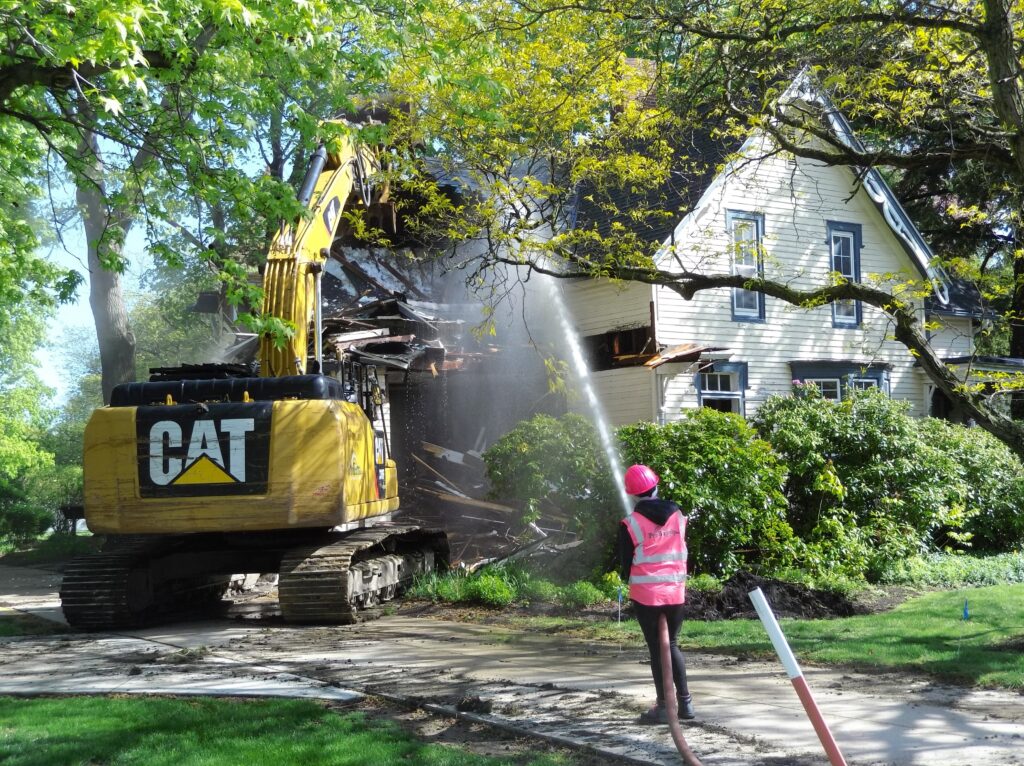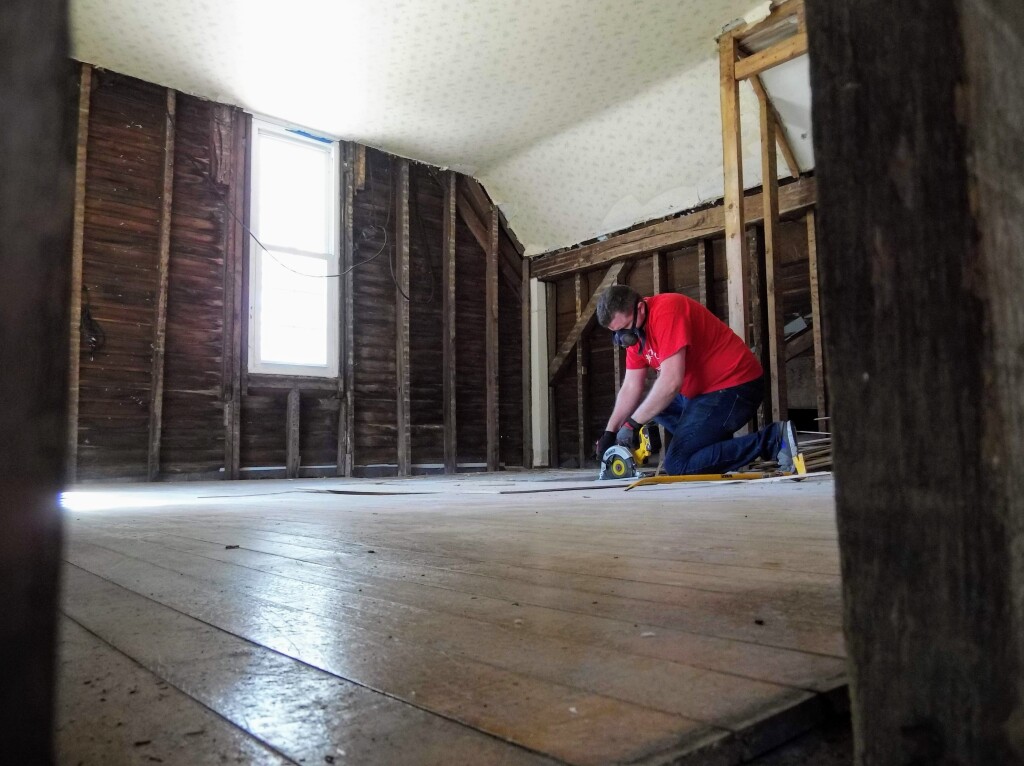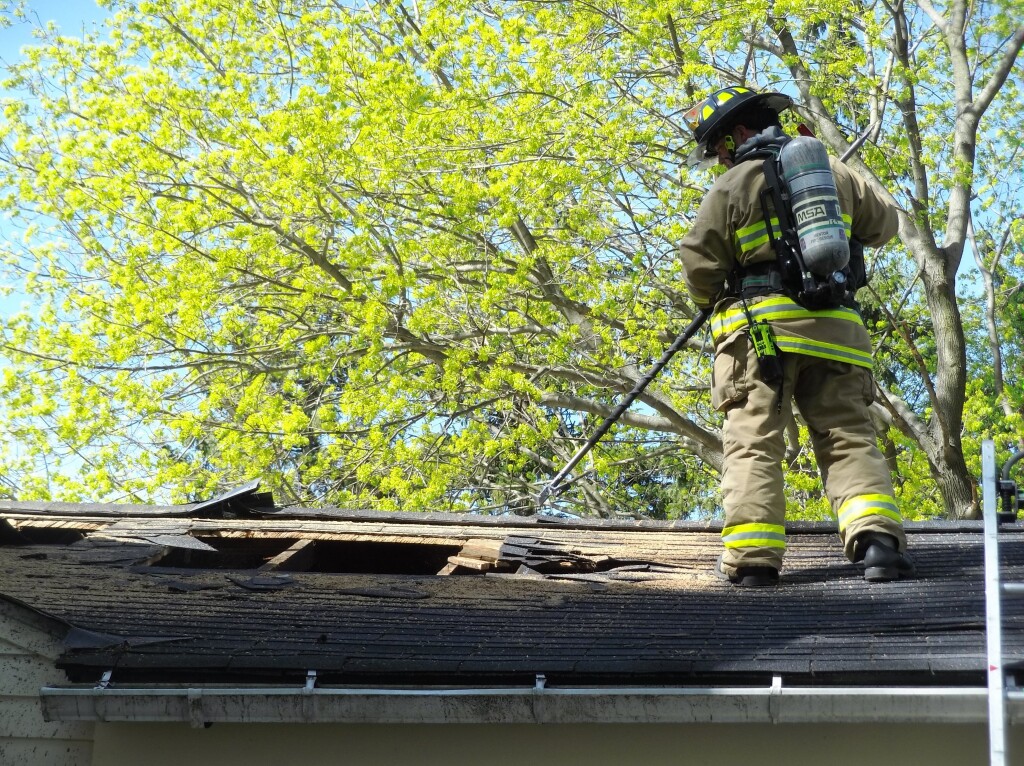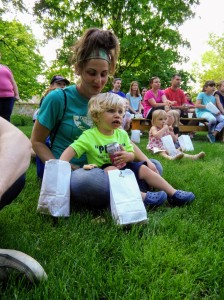Help Feed Lake County at Mentor Public Library
More than 27,000 people living in Lake County suffer from food insecurity. That is, they don’t always have confidence that they’ll be able to feed themselves or their family. That’s nearly 12 percent of the people in Lake County who struggle with hunger.
But you can help by supporting United Way of Lake County’s annual Feed Lake County food drive.
From now until the end of April, you can drop off nonperishable food at our Main, Lake and Headlands Branches and help Feed Lake County. You can also donate money if you prefer. Your donation will be shared with Lake County residents through the more than 50 food pantries in the county.
Support your neighbor by donating food and help Feed Lake County.


